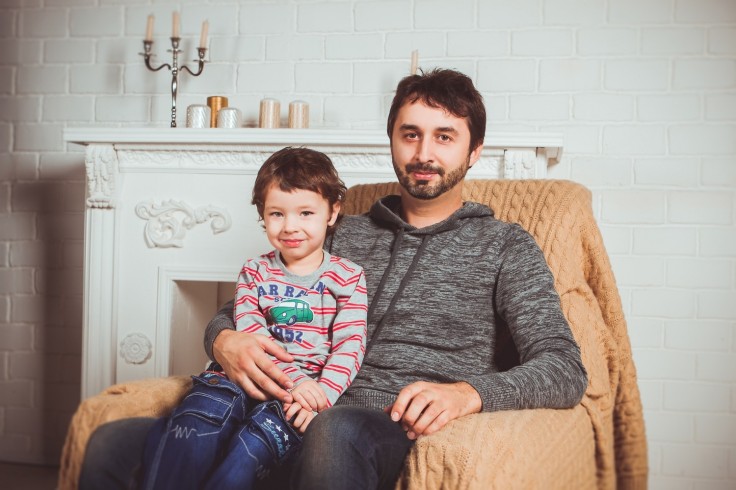
Researchers from the University of Leuven conducted a study. They determined that raising children in an extremely strict manner and environment alters the child's brain, which could manifest in depression later in life, per Yahoo News. Dr. Evelien Van Assche, the lead researcher, explained that the study discovered that harsh parenting with physical punishment and psychological manipulation could have additional instructions on how a gene is read to evolve as hard-wired DNA.
A new study suggests that strict parenting may increase a child's predisposition to suffer from depression. The study's findings were based on the research team's analysis of 23 Belgian boys and girls between 12 and 16 who reported experiencing harsh upbringing from their parents. The parents reportedly displayed manipulative behavior and imposed extreme strictness or physical punishment on children. The expert compared the data to a similar number of kids matched by age and gender whose parents were reportedly supportive and raised them with freedom.
The researchers found the first group showed increased variations in methylation, a biochemical process in DNA linked with depression. Such happens when a small chemical molecule is added to DNA and varies the way it interprets instructions.
"Harsher parenting showed a tendency towards depression"
Experts found that those with tiger parents registered increased methylation ranges while estimating methylation ranges at more than 450,000 places in each child's DNA.
Dr. Van Assche noted that although the DNA remained the same, the additional chemical groups affected how the DNA instructions were read.
He added that those who reported "harsh parenting showed a tendency towards depression" and believe that such have all come from DNA through increased variation in methylation. Experts stated that they are now seeing if we can close the loop by associating it with a later diagnosis of depression. The implication of such findings could also hint at the potential impacts of tiger parenting, a form of a strict parent or usually associated with households often implemented by parents and guardians who appears to be highly invested in their kid's future success.
According to a 2020 study entitled Asian American Students the Most Likely to Have Depression, Study Finds, Asian-American students tend to be diagnosed with depression more than students of other racial backgrounds. The Leuven University team exhibited their discovery at the 35th European College of Neuropsychopharmacology, an annual conference in Vienna, Austria, and noted that such findings could pave the way to a screening program that enables the identification of individuals vulnerable to depression.
Tiger parenting can be harmful to children
Kids with tiger parents reported higher rates of depressive symptoms than kids with easygoing parents, as well as high levels of academic pressure and emotions of alienation from parents. Amy Chua, Yale law professor and mom of two, published a book regarding parenting style called "The Battle Hymn of the Tiger Mother" coined the term "Tiger Mom" and used it to describe a parenting style that uses harsh tactics such as fear and shame while also prioritizes familial closeness.
Choosing Therapy says such a parenting style is ineffective and harmful to children's mental well-being as it is linked with higher rates of depression and anxiety and only pressures children to do things to make their parents proud.
Related Article : 5 Phrases Parents Should Not Say to Their Children